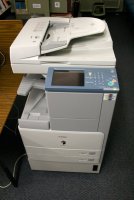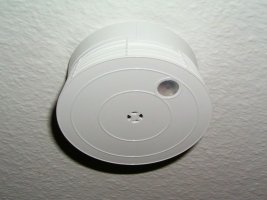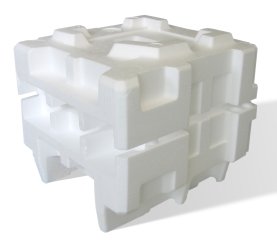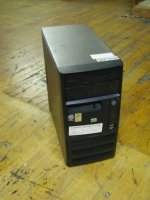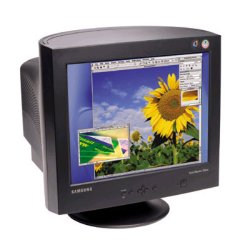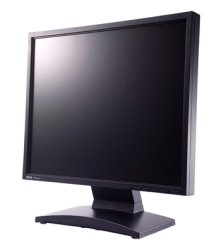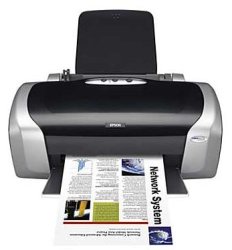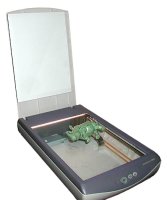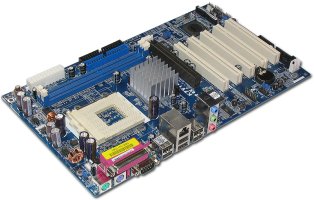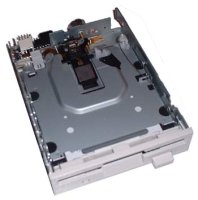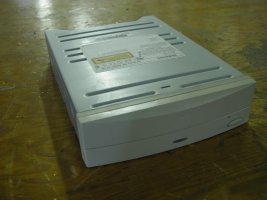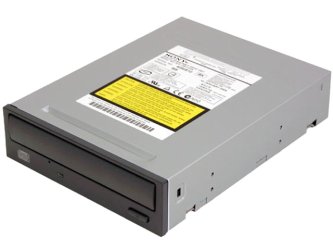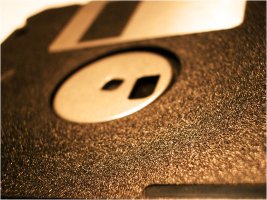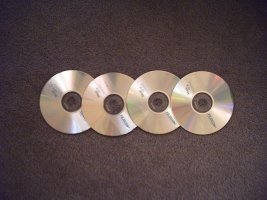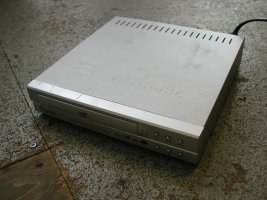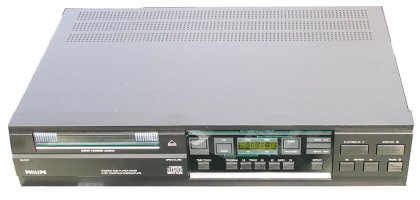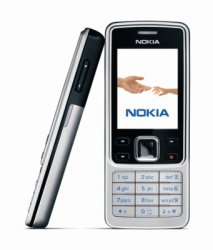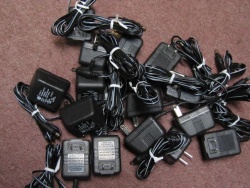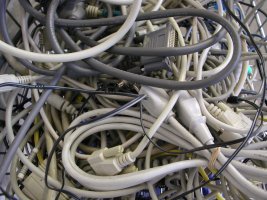Difference between revisions of "Basic Intake Documentation"
AustinCrouch (talk | contribs) |
AustinCrouch (talk | contribs) |
||
| Line 1: | Line 1: | ||
| − | + | {{Migrate}} | |
When someone wants to donate a computer or related item to Free Geek, they do so in Receiving. This area is Staff only for data security purposes, however a volunteer runner may assist the staff member when large donations or rushes occur. There is a [[Receiving Calendar|Receiving calendar]] now available for pre-notification of Receiving staff and volunteers. | When someone wants to donate a computer or related item to Free Geek, they do so in Receiving. This area is Staff only for data security purposes, however a volunteer runner may assist the staff member when large donations or rushes occur. There is a [[Receiving Calendar|Receiving calendar]] now available for pre-notification of Receiving staff and volunteers. | ||
Revision as of 10:14, 18 April 2014
|
This page is being migrated to a documnent of Free Geek's Google Drive. |
When someone wants to donate a computer or related item to Free Geek, they do so in Receiving. This area is Staff only for data security purposes, however a volunteer runner may assist the staff member when large donations or rushes occur. There is a Receiving calendar now available for pre-notification of Receiving staff and volunteers.
First, meet the donor
- Ask if they're here to make a donation. Direct them to the store or front desk if they are not.
- There is a $10 fee for CCTV's and if a large business (10+ employees) brings in more than 7 CRT monitors or TVs.
- Help them unload.
- As they unload, fill out a tally sheet, indicating quantity of each type of item they are donating (Check inside boxes! Donors like to repackage).
- Give them the tally sheet and direct them to the front desk.
- Finally, thank them for donating! They are the first step to keeping e-waste out of landfills.
Items we do not accept
There are certain items that people might try to donate that we do not accept. You can suggest that people contact Metro Recycling Information Center at (503) 234-3000 between 8:30 a.m. and 5 p.m. Monday through Saturday for instructions on how to properly dispose of these items. There is also an "Other Recyclers" list that they can pick up at the front desk.
| Photocopiers | Major Appliances |
| Microwaves | Smoke Detectors |
| Styrofoam | Alkaline Batteries |
Items that we do accept
- Most items can be put away in boxes in Sorting. Some need to be moved elsewhere in the building. See map for details.
- If there are a lot of donations coming in, concentrate big items like monitors, systems, and printers first. Data Security is of paramount importance!
- Filling out a tally sheet is important for Free Geek's database - that's how we log how many items we have collected from the community!
- There are thousands of devices that can be incorporated into a computer that are not listed here. We take all of them. Additionally, there are many types of non-computer equipment that we do take. If you don't know what they do, ask a staff member.
- If you are unsure of any item, talk to another staff member!
| Item | Where It Goes |
|---|---|
| Systems | SDA |
| CRT Monitors | Recyclers without "Uncovered Electronic Devices" stickers go in the "CRT Monitors" gaylord These should be Tetris-ed by a staff member. Recyclers with an "Uncovered Electronic Devices" sticker go on the Non-CED shelf. If you have not been trained to stack monitors in gaylords ask a Recycling staff to show you or place the monitor on the floor in front of the gaylord.
Monitors no longer have a charge unless a donor brings more than 7 CRT's and special circumstances apply, which will be determined by the Receiving staff person. |
| LCD Monitors | Go to the LCD Testing Shelves. |
| Televisions | If they are small enough to fit on the TV shelves, they can go there. If they are too large for the shelf, they go on the floor near the TV Shelf. LCD TVs are tested with LCD Monitors. |
| Printers | All printers go to the Printerland shelf |
| Scanners | All scanners go to the Printerland shelf |
| Speakers | Computer Speakers should have all components gathered (both speakers, power, and audio cable), rubber-banded, and placed in a paper bag. They are tested in Receiving. Large Speakers go to the "Wall of Sound" in the corner of the Receiving Hallway for A/V to test. |
| Keyboards | Put in Keyboard Incoming bin |
| Mice | Put in Mouse Incoming bin |
| Laptops | Give to a staff member to be locked up in the SDA |
| Apple All-in-ones | Mac shelf in the SDA |
| Cards and Motherboards | Card and motherboard box |
| Floppy Drives | Recycle in CBM |
| CD-ROM Drives | Recycle in CBM |
| CD-RW and DVD Drives | Optical Drives Box |
| Floppy Disks | Recycle in the box labeled Floppy Disks |
| CD-ROMs | Destroy if a burned CD and put in CD box, unless it's a factory pressed linux disc, in which case send to store. |
| VCRs and DVD Players | DVD players with remotes go to Receiving
DVD players or recorders without remotes get cut and put in the CBM. Portable DVD Players get tested in Receiving. All VCRs or VCR/DVD combos get tested in Receiving as long as they have a remote. |
| Stereo Systems | Receivers, amps, equalizers, etc. should be stacked neatly in the A/V incoming area.
Cassette Tape or single-disc CD players or recorders get cut and put in the CBM. Boomboxes go to the store, if in good condition. |
| Telephones | Bring Multi-Line phones to Bulk Sales, For others - Recycle in the box labeled Copper Bearing Materials |
| Cell Phones | Give to staff member or put in lock box. |
| Wall-warts | Rubber band cord & Put in box labeled Wall-Warts for further sorting |
| Cords | Check the cord chart!
All else ask a staff member. |
What to do when times are slow
- Make sure all cords in bins are rubber-banded
- Clean up. Often there are abandoned cardboard boxes to break down and put away, sweeping up to be done, etc.
- Move receiving boxes to their designated areas - e.g. hardware testing box to hardware testing, store box to store.
- Test speakers for Adoption
- Test Subwoofer sets for the Store
- Test DVD and DVD/VCR combos for Store
- Test Headphones for Adoption
If you would like to fill up the store box with lots of great cabling, please see: cables for the store

